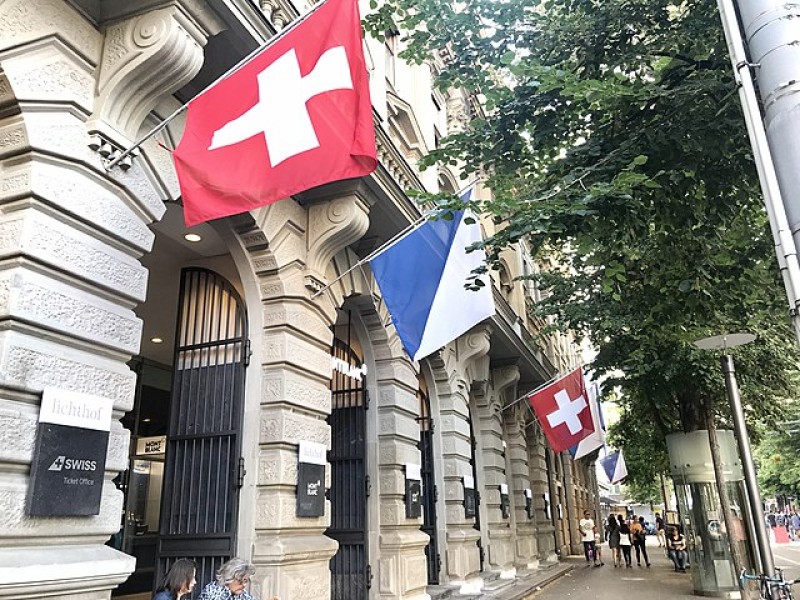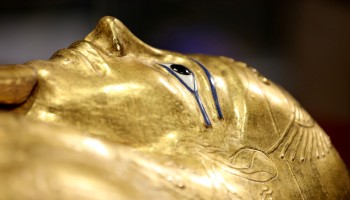The settlement ends the investigation initiated by the French National Financial Prosecutor's Office in 2016 on suspicions that the Swiss bank helped clients evade taxes and launder proceeds, top financial prosecutor Jean-Francois Bohnert said in a statement on Monday.
French media reported that Credit Suisse representatives courted wealthy French clients between 2005 and 2012 so they would open accounts with the bank that weren’t declared to French tax authorities. The Swiss bank even created offshore entities so their clients could avoid revealing their assets to the French authorities.
The 2016 probe found that there were 5,000 French clients with undeclared Credit Suisse accounts, hiding almost $2 billion worth of assets.
Under the terms of the agreement, the Swiss bank makes no admission of guilt. It will pay 123 million euro ($121 million) in fines and 115 million ($113 million) in damages and interest to France.
“The bank is pleased to resolve this matter, which marks another important step in the proactive resolution of litigation and legacy issues,” Credit Suisse said in a statement on Monday.
Just last week, the Swiss lender agreed to pay almost half a billion dollars to settle with the U.S. a case related to the sale of mortgage-backed securities, which authorities said fueled the 2008 financial crisis.
The probe settlements come following a turbulent summer for the Swiss bank.
In June the bank was fined over $20 million by a Swiss court for failing to prevent a Bulgarian crime ring from laundering cocaine trafficking money, and in July its CEO Thomas Gottstein resigned after two and a half years on the job.
The bank, notorious for its secrecy, has been the center of attention since a leak of over 18,000 documents on its clients prompted a series of investigations called the “Suisse Secrets,” which the OCCRP was a part of, exposing the bank’s dubious practices and clientele.






